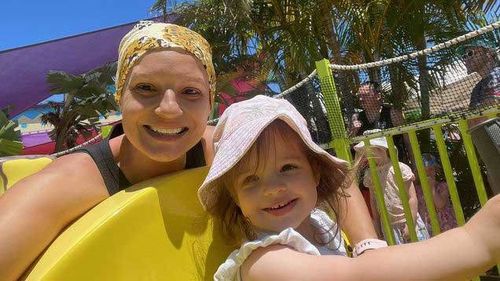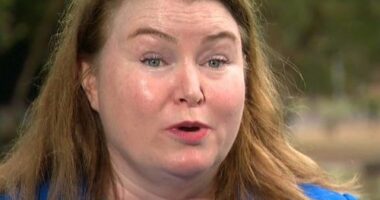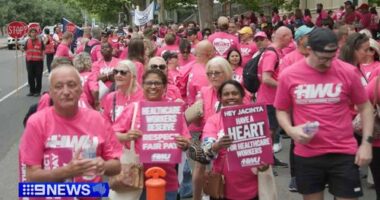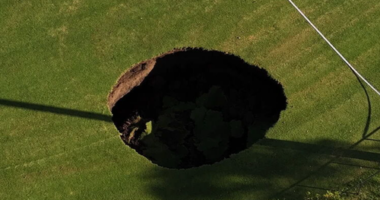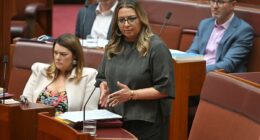Share this @internewscast.com
The mother of a NSW woman who succumbed to cervical cancer revealed her daughter’s struggle in getting doctors to heed her concerns for over a year.
Amanda Ne’Roi is choosing to vocalize her daughter Jaime’s heart-wrenching story as three leading research organizations – the Australian New Zealand Gynaecological Oncology Group, Ovarian Cancer Australia, and the Ovarian Cancer Research Foundation – unite in urging the government to allocate $100 million for gynaecological cancer research.

Australia has seen an uptick in cervical cancer cases, even after the 2007 nationwide introduction of the HPV vaccine, which offers some defense against the virus responsible for causing cancer.
Between 2000 and 2024, incidence rates of cervical cancer have climbed from 5.5 cases per 100,000 people to 8, AIHW data shows.
Ne’Roi said Jaime had been vaccinated for HPV, which showed why women should not become complacent about the disease.
“I think the trouble is, people become very complacent about gynecological cancers, they aren’t mentioned much. Breast cancer is huge,” Ne’Roi said.
“I’m sharing this story to illustrate the hidden crisis impacting all Australian women, because it can hit any one of us at any time.”
More money was desperately needed for research for all gynecological cancers, Ne’Roi said.
Professor Clare Scott, Australia New Zealand Gynaecological Oncology Group (ANZGOG) chair, said gynecological cancers had been left underfunded for decades and were a hidden crisis that was expected to grow.
Gynecological cancers – which include uterine, ovarian and cervical cancers – are predicted to surge by 21 per cent over the next 10 years.
“For too long, gynaecological cancers have been overlooked and underfunded, leaving women with limited treatment options and unacceptable survival rates,” Scott said.
“These are not just statistics – they are our mothers, sisters, daughters, wives, and friends… we must do better.”
ANZGOG, along with Ovarian Cancer Australia and the Ovarian Cancer Research Foundation, are seeking $100 million in federal government funding over four years to go towards more personalised treatments for patients, clinical education, a national research databank and drug trials.
“The survival rates for gynaecological cancers have barely changed in decades. That fact alone should be a wake-up call,” Ovarian Cancer Research Foundation CEO Robin Penty said.
“We know that the answers are there – they lie in research and in better understanding of women’s bodies and women’s pain. To reveal them we need appropriate and proportionate investment.”
A spokesperson for Health Minister Mark Butler said he would continue discussions with the ANZGOG about their proposal.
“The Albanese Labor government is doing all we can to support patients, families, loved ones and carers on the cancer journey,” the spokesperson said.
“That’s why we fund a range of programs to ensure Australians diagnosed with gynaecological cancer have better outcomes no matter where they live.”
